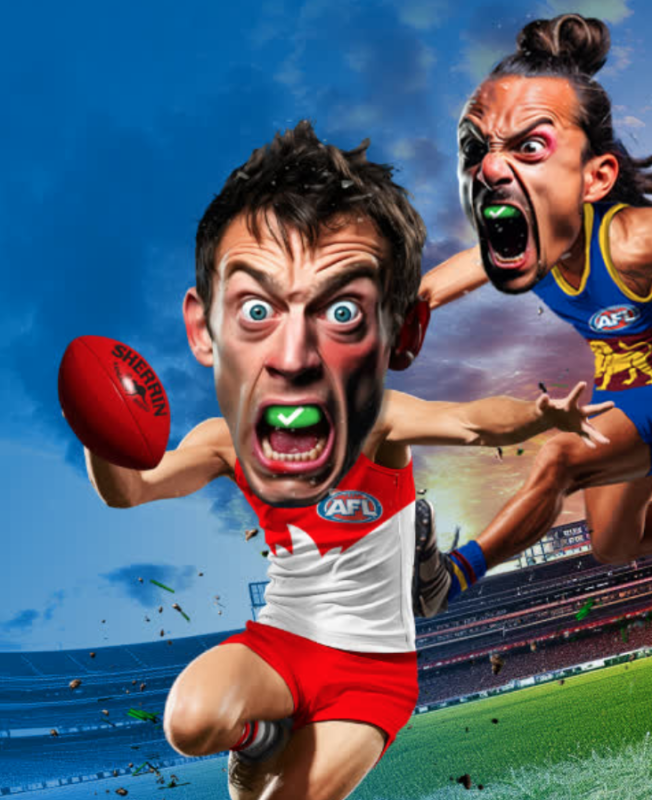If gambling advertising isn’t the problem, what are we doing about the problem?
There is a rather important AFL match on TV today, and every few minutes, we’ll be reminded we can bet money on that match. And not just bet money, but win money. Lots of money. Yes, today will most likely mark the final AFL final that is drenched in sports betting advertising – and aside from those who profit from it – I don’t think anyone is going to miss the bombardment.
The Albanese government is currently copping pressure from all angles regarding the looming proposed ban on sports gambling advertising. There’s the obvious pushback from the TV and radio networks, who pocket a cool $238 million a year from it, as well as blowback from the sporting leagues and teams who are funded by similar wagering sponsorship – as well as by the inflated TV rights deals that rely on gambling advertising.
The chief advocate of the Alliance for Gambling Reform, Tim Costello, said of the government: “They continue to fail to explain why we’ve got the greatest gambling losses in the world, but keep fiddling at the edges to keep the sporting codes and media outlets onside.”



Why would anyone rock the boat? There’s a massive amount of money being made from gambling advertising in Australia, with an obscene number of gambling companies. It’s laughable that even people at Sportsbet are calling for regulatory action—seriously when the monopoly itself is looking for ways to cut back? Maybe we all love gambling as much as we love advertising. If you get your foot through the door, it’s more consistent than government money! Do you shame your employee’s for gambling? Maybe agencies could stop working with companies that prompt advertising gambling ads? It’s always left to the government to employ your ethics and values?